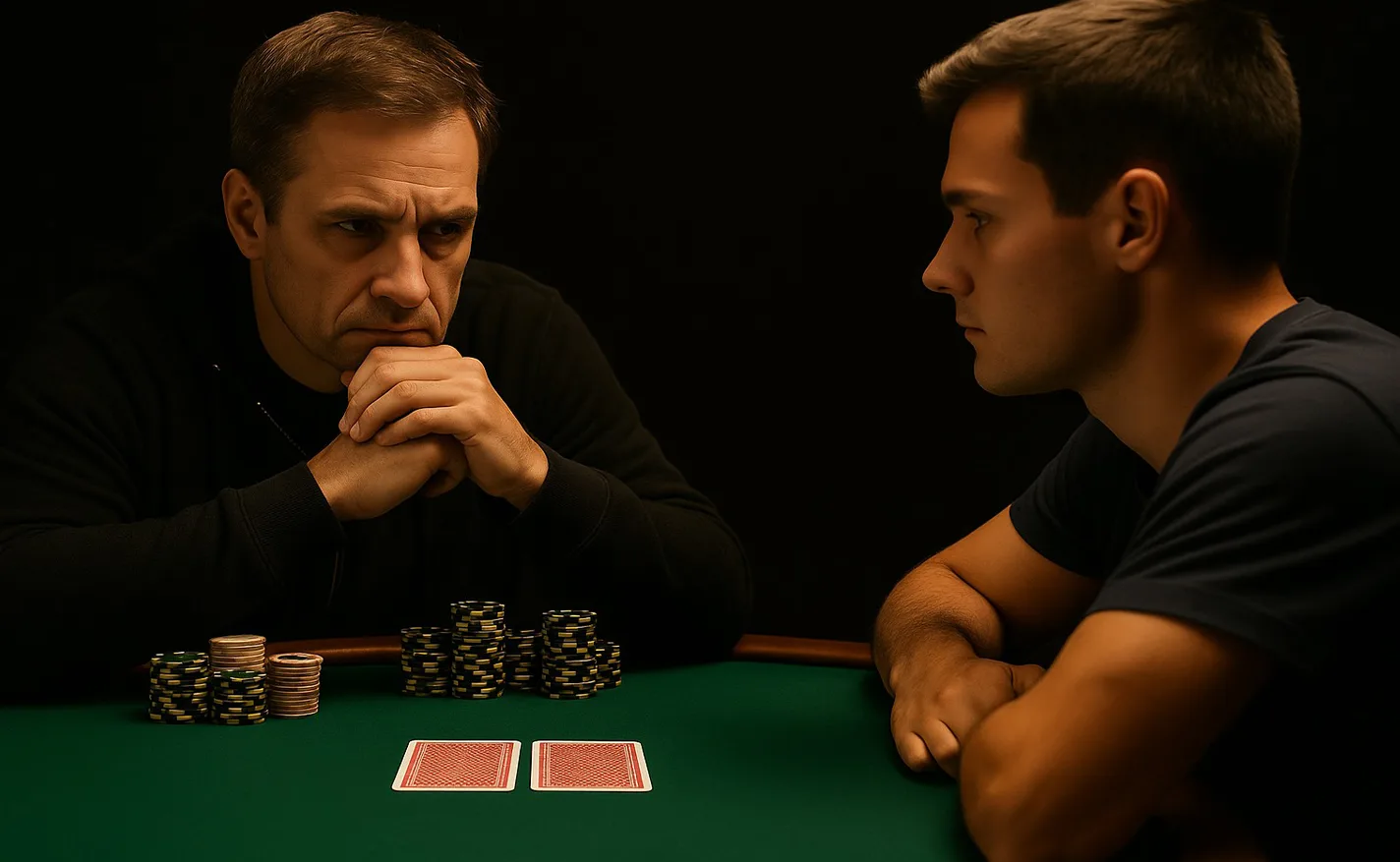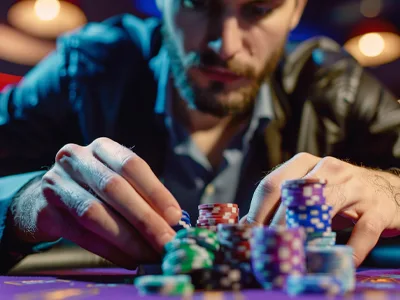There was a period after I started playing low-stakes live cash games again when I believed I was far and away the best player at every table I sat down at. And while it might be true that I was the most studied, my early results did not indicate that this mattered much. I wasn’t losing, but I wasn’t building consistent wins either. I was playing long sessions for minimal gain against players making theoretical errors the likes of which I hadn’t seen online in more than a decade.
It took a while for the epiphany to hit me for why that was, and it came in the most inconspicuous way.
About three hours into a 1/3 session, I was dealt queen-jack offsuit on the button. The table had already shown signs of weakness. Players were limping bad hands, calling raises with weak holdings, and showing down absolutely bonkers hands in huge pots where I assumed they had to have it (spoiler: it is a very relative term). The player in the two seat, for example, had called down with bottom pair in a 3bet and double-barrelled pot as though his hand was gold. Shortly after that is when the following hand happened against the same player.
I raised, the small blind folded, and the villain called from the big blind. The flop came ten-nine-five rainbow. He checked, I made a small continuation bet with my open-ender, and he called. The turn brought an offsuit deuce. He checked again.
It was at that exact moment, as I felt my forearm flex in anticipation of grabbing another stack of chips, that the lightbulb went off: I had been applying a betting strategy designed for players who played sensible ranges. I had assumed my opponents would respect continuation bets and would fold weak pairs and draws at the proper frequencies.
Instead, I realized, these games were different than the online ones I was used to. My opponents were not spending any time thinking about frequencies, ranges or balanced strategies. They had no clear understanding of when a hand was worth defending and when it was time to let a pair go. The traditional betting patterns I had practiced against solver-influenced players had almost no relevance.
I let my forearm relax and instead used it to tap the table: check. As if rewarding me for my obvious “insight,” the poker gods sent me a beautiful king on the river, giving me the nut straight. My opponent checked again. My instinct was to bet on the smaller side, knowing the king was bad for his range and that, after 3 consecutive checks, he was capped. Then I remembered what I had just realized 5 seconds earlier: against the right type of player, none of that mattered at all.
I counted out a bet 1.5x the size of the pot and slid it forward, deliberately breathing heavier than I had all night.
The big blind looked me in the eye and I quickly averted my gaze, trying to feign weakness. Before my pupils could even find a place to settle, I heard the words I was hoping for: I call. I looked up to confirm and saw his hand face up already. 97o. Third pair, no kicker.
I flipped over my hand and stifled a laugh as my opponent mumbled loudly:
“I knew you were bluffing on the flop.”
“Sorry,” I said, “Got lucky.”
The experience of that one ultimately meaningless hand, helped me reconstruct my entire approach to live poker. It was not strategy per se that had been hurting me those prior sessions, it was my failure to separate theory from the reality on the felt.
I was still playing hands the way they were “supposed to” be played, instead of realizing what that meant in this specific context.
That was the day I changed my approach to the game. Instead of immediately applying prebuilt lines and assumptions, I worked to get to know each of my opponents for the unique players they were. It quickly became clear that each table had its own weather patterns. Once I started observing them more closely, my results instantaneously skyrocketed.
The lesson of that QJ hand now lives in the back of my mind in every hand I play. I no longer enter a game assuming my opponents will behave in a sensible way, let alone a solver-approved one.
The mistake I had made was thinking that being well-versed in poker theory automatically gave me control of the game. But as life often does, it punished me for my hubris, and I was grateful for it. Once I stopped treating every session as a test of theory and started treating it as an exercise in opponent exploitation, my win rate increased dramatically, and poker became great again.


